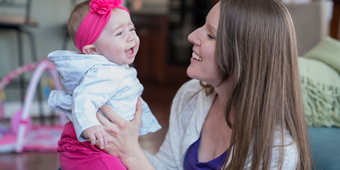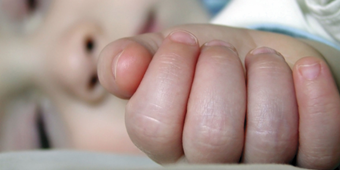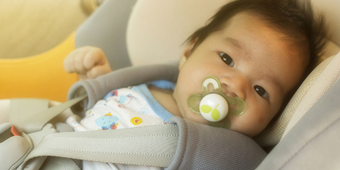7 Ways to Prep Your Pet for Baby
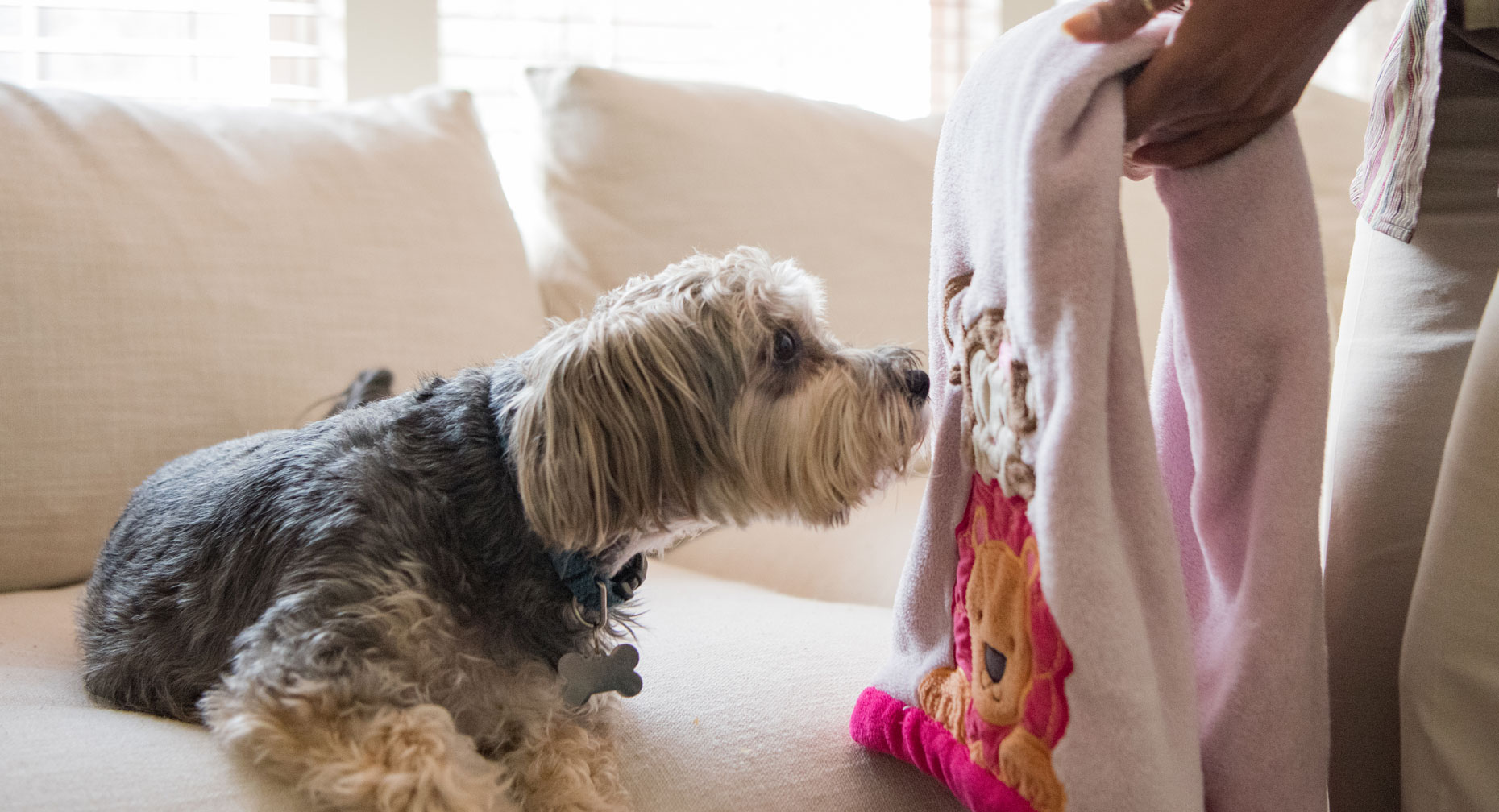
Find Your Perfect Match
Answer a few questions and we'll provide you with a list of primary care providers that best fit your needs.
Your pet is part of the family. Proof: he’s in the Christmas photo card. He knows he holds a special place in your heart. But, a big change is coming – you’re having a baby. What should you do to get your pet ready? How can you prime your precious furry friend so that it’s a smooth transition? Here are seven pointers to help you plan and prep for a great relationship between your pet and your baby.
If all goes well, your baby will be lucky to have a best pet friend from birth!
1. Take your pet to the vet
If your pet has not had a recent physical, schedule an appointment with the vet. Get him up-to-date on his vaccinations and other needs. If your pet is not neutered or spayed, make that happen, as your pet will generally become calmer and less aggressive.
2. Train good habits early in your pregnancy
If your pet is used to jumping up on you or on furniture, start training him at least four months before baby to stay beside you calmly (or until you invite him to come up on furniture with you). If he has bad habits of nibbling, pouncing or swatting, now is the time to replace those with good behaviors. Consider taking training classes with him, for extra bonding and to get the advice you need.
3. Get your pet used to baby smells, sounds, gear and the nursery
Some pet owners like to get a realistic doll to help their pet get used to the idea of a baby. They take stroller walks with their pet. They put on recorded sounds of a baby’s cry to see how he reacts. They give him a baby blanket with common baby smells on it (lotion, diaper cream). Think about whether you want him in the nursery. You may want to install a sturdy baby gate in the doorway, so that you can keep him out easily. Or, though you’ll not want to leave your pet alone with your newborn, you may want to put a pet bed in the room, so that he knows his place when you are all in there together.
4. Make schedule changes
It’s inevitable – once your baby is born, your attention will be divided from your pet. And you don’t need the stress or guilt of being his sole bond, if you are. Before your baby is born, slowly shift some of that bond to your partner. This will make the transition a little easier on everyone. Recognize that your baby is going to require a lot from you, but also plan some constants that you will keep with your pet. For example, do you love your morning walk? Make it a priority to keep that constant even when you have your new baby.
5. Decide how you want your pet and baby to meet
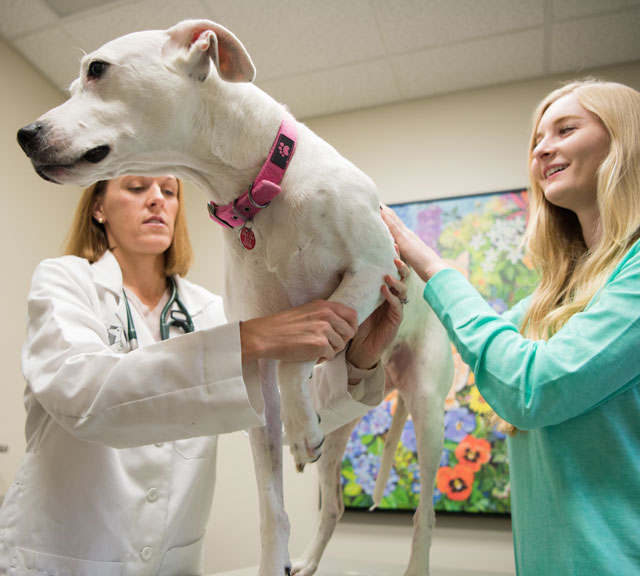
When you come home from the hospital, your pet is going to be very excited to see you. Let your partner take your baby while you give him some happy (though calming) attention. Let him first look at the baby in the crib, then later in your arms. As time goes on, allow him to be curious about the baby. Don’t act angry or nervous if he licks or sniffs. Make it a gradual introduction, but also make sure that he associates your baby with good things.
6. Make good associations with baby
You may be tempted to spend one–on-one time with your pet when your baby is sleeping. It’s a better idea to do this when the baby is awake, so that he associates happy moments with baby’s presence. Take walks with your baby and pet (babywearing makes this easy). Teach him that when the baby is around, he gets lots of great things: treats, toys, attention, fun. On the other hand, show him that life is fairly boring when the baby is asleep. This leads to bonding between your child and your pet.
7. Never leave your newborn alone with your pet
No matter how much you trust your pet, to avoid tragedy, never leave your newborn alone with him. Don’t underestimate how big this shift is. Some animals can react with aggression. Unfortunately, though you may prepare as much as you can, some animals can’t deal well with a baby. If your pet is aggressive, you need to immediately get professional help or look for a new home, where he can thrive. But, happily, most pets adjust, given time and patience. If all goes well, your baby will be lucky to have a best pet friend from birth!
Find Your Perfect Match
Answer a few questions and we'll provide you with a list of primary care providers that best fit your needs.
Source: The Humane Society of the United States; Parent Resource Network; ASPCA


